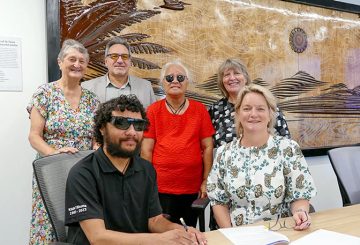Sir Ashley Bloomfield, the former director-general of health who played a key role in New Zealand’s Covid-19 response, has said that the worst of the pandemic appears to be over, three years on from the country’s first lockdown. However, he added that lockdowns “may have a place” in the future. Despite New Zealand stopping most community transmission in 2020 and 2021, more than 2.25 million people in the country have been infected with the virus.
Sir Ashley, who is now a population health professor at the University of Auckland, stated that recent travel overseas had shown him that “everyone’s sort of life’s getting almost back to completely normal. So that’s a good thing.” He also expressed his satisfaction that Aotearoa, three years on from the first lockdown, still had negative excess mortality, meaning that the number of deaths was lower than what would have been predicted based on previous years.
The former director-general of health said that lockdowns were an important tool in the overall response to the pandemic and not one they had anticipated using, but one that they now have experience with and could deploy in the future if necessary. However, he also noted that the likelihood of future lockdowns was dependent on the nature of the virus and the speed with which action was taken.
Sir Ashley praised the collective efforts of New Zealanders and their compliance with government guidelines. He also mentioned the positive feedback he had received from overseas health leaders about New Zealand’s response to the pandemic.
Sir Ashley welcomed the Royal Commission of Inquiry into New Zealand’s pandemic response and said that it would provide an opportunity to examine what could be done to be better prepared for future pandemics. The Royal Commission is expected to be completed in June 2024.






























































